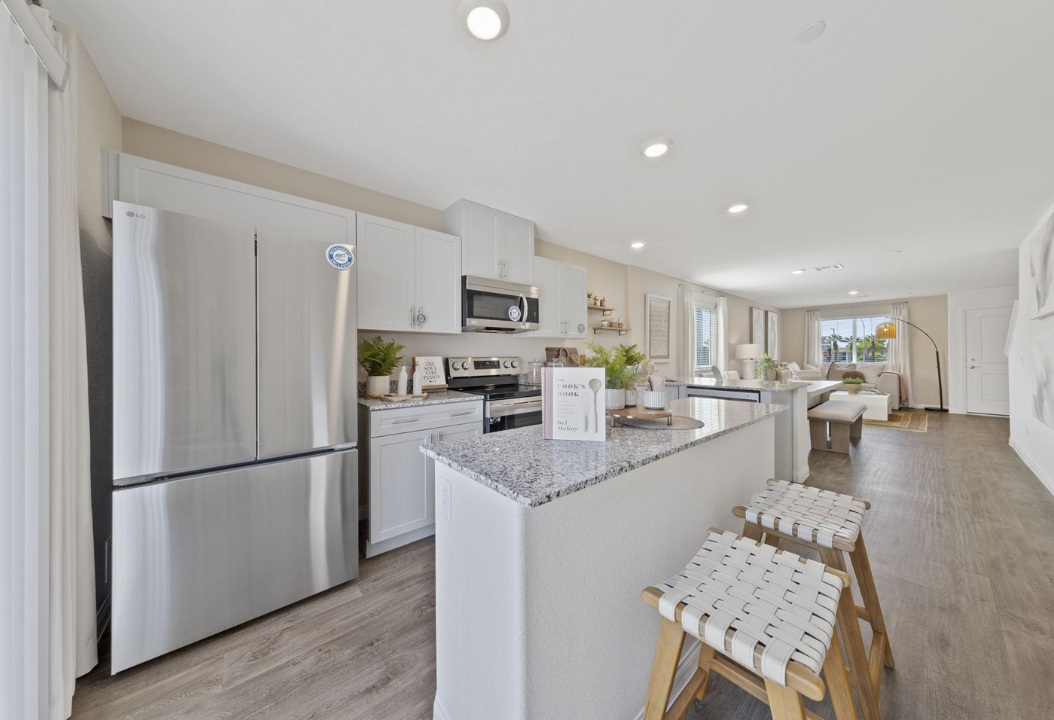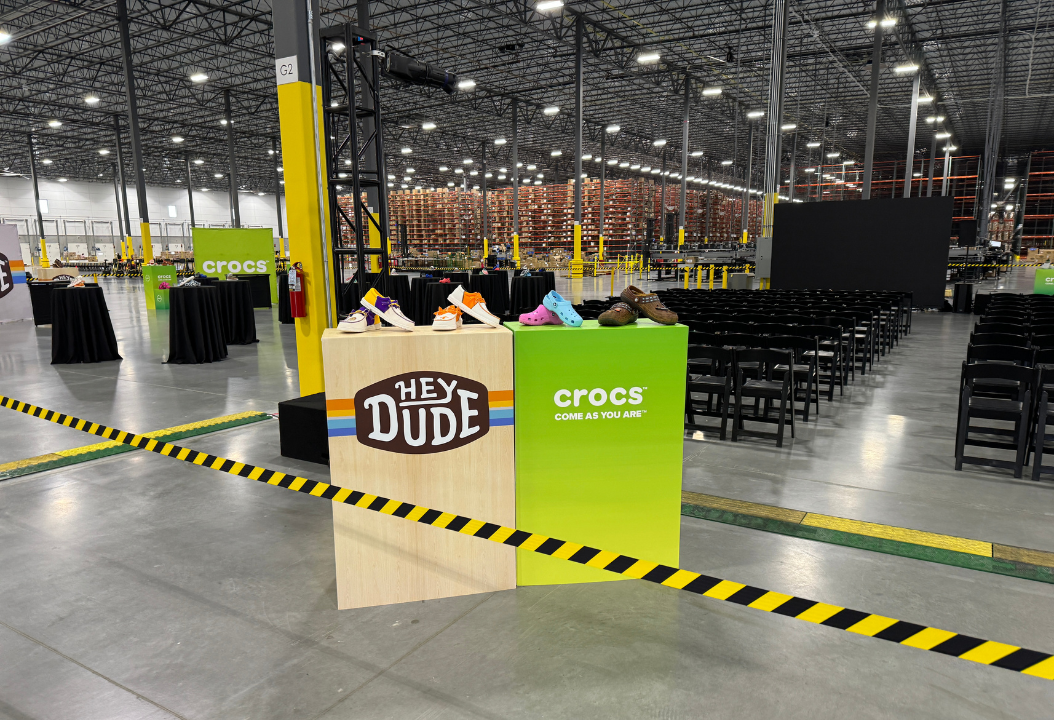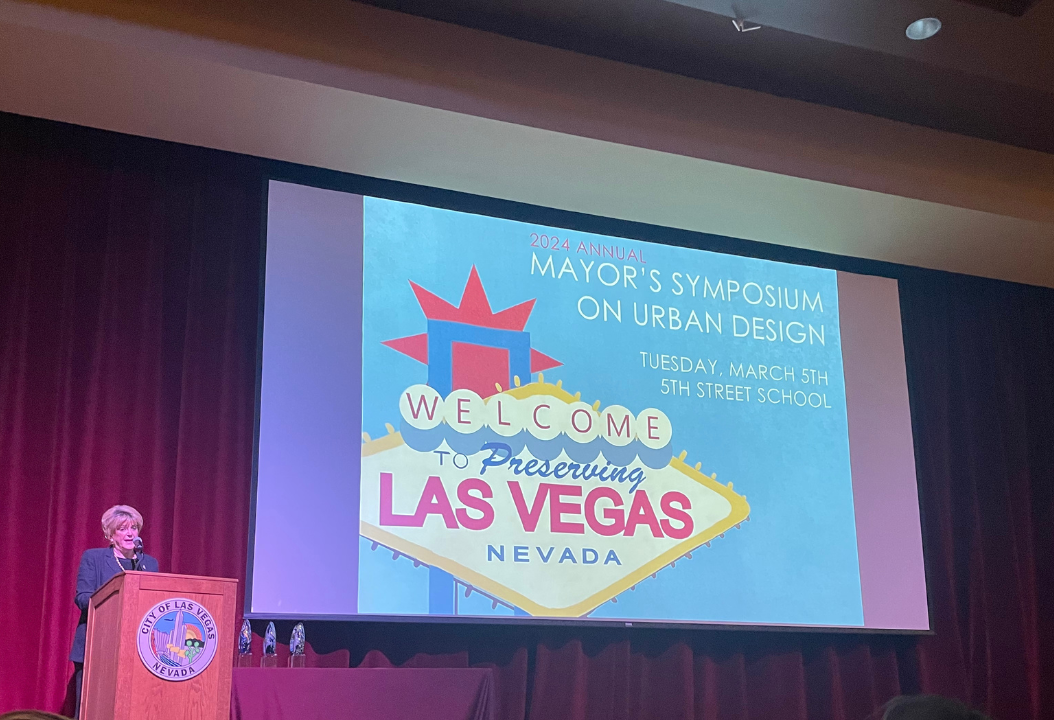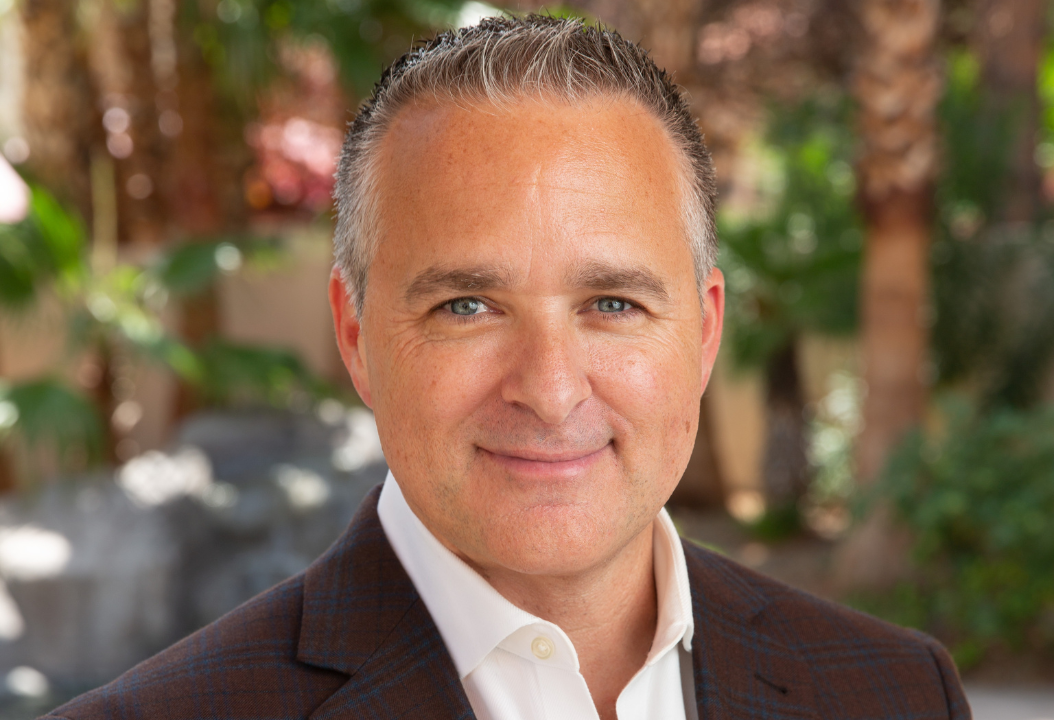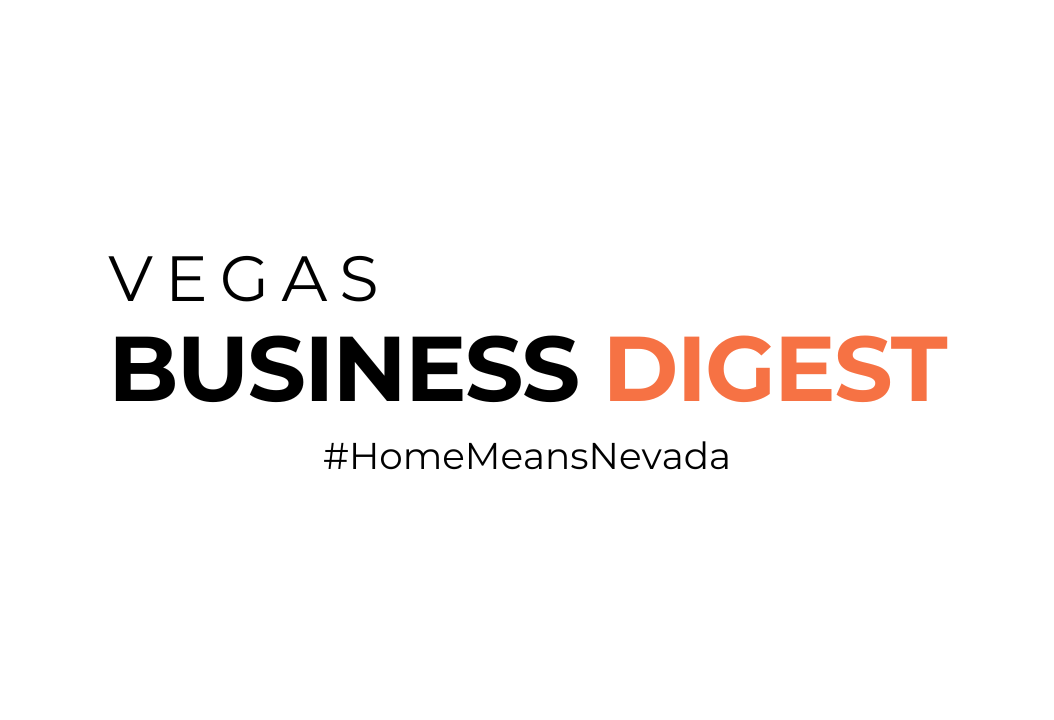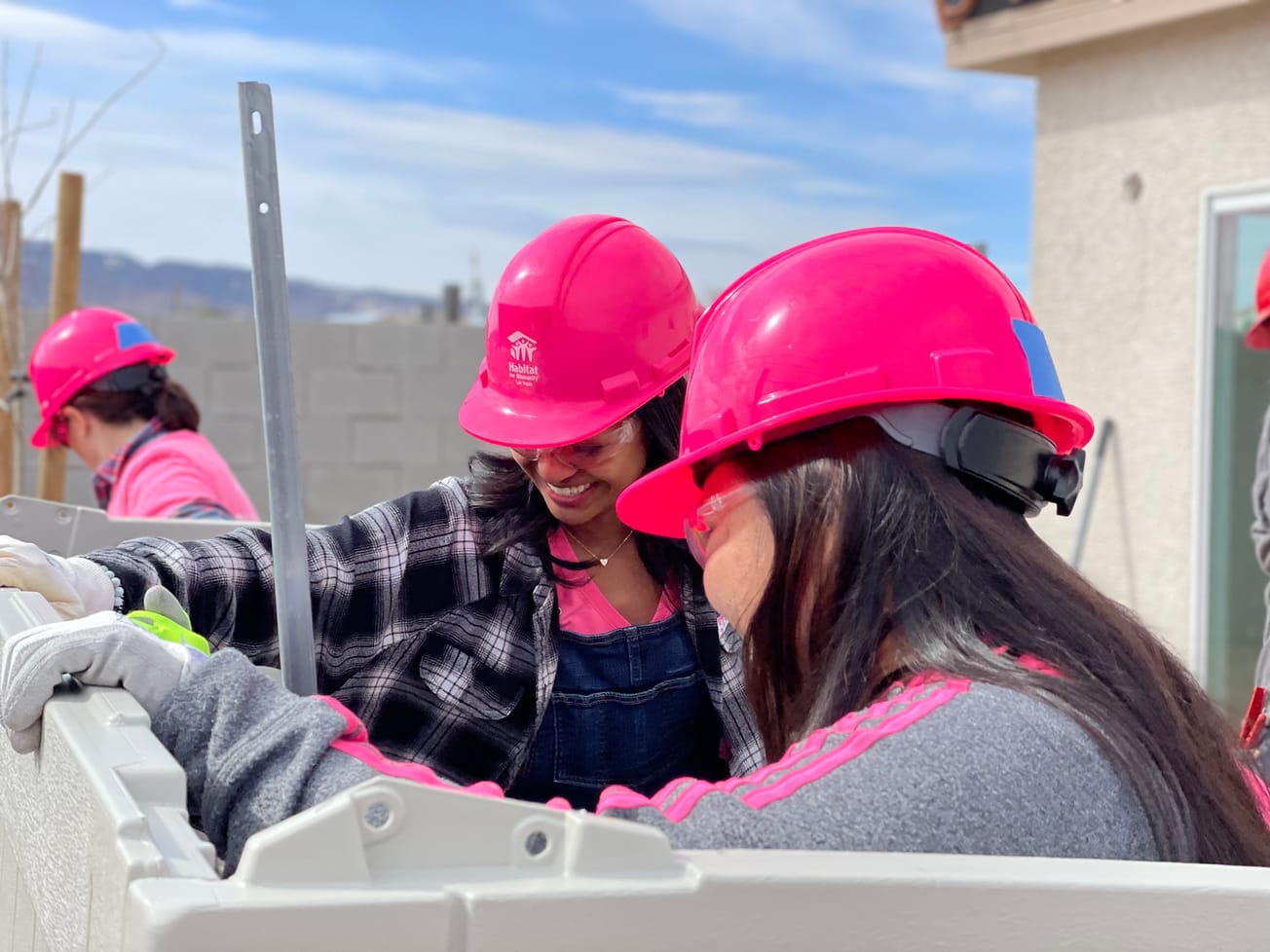RealPage, a software and tech platform for real estate owners and property managers, released its newest research in partnership with The Center for Generational Kinetics. The research surveyed 2,000 American multifamily renters, spanning across four major age demographics - Gen X (ages 44-55), Older Millennials (ages 36-43), Younger Millennials (ages 27-35), and Gen Z (ages 18-26).
The search found that two-third (66%) of multifamily renters are satisfied with their current housing situation, preferring renting than buying a home in the areas where they want to live. Gen Z renters (51%) feel that renting is a better option than buying. Also, younger renters (especially Gen Z) are more likely to pay for all technology features if available, and 56% of Gen Z renters say they would be willing to pay higher rent for green and sustainable initiatives such as smart water and composted waste.
“The research tells us that most apartment renters are happy being apartment renters,” said Jay Parsons, Chief Economist for RealPage. “Older renters say they’re renting because it frees them up from home maintenance and other responsibilities. Younger renters are renting because it gives them more flexibility. And renters of all ages tell us that apartments provide an entry into preferred neighborhoods where they couldn’t afford to buy.”
The annual household median income of respondents is $65k, equally surveying male and female renters in the Northeast (18%), Midwest (20%), West (25%), and South (38%).
“What the results clearly show is that renting is hot today, but that there is nuance across age demographics in terms of benefits, discovery tools, the overall experience, and amenities, including technology,” said Jason Dorsey from The Center of Generational Kinetics. “The survey also identified shifting priorities with the advent of remote work and an increasing desire for community interaction, quality of life, and financial freedom.”


